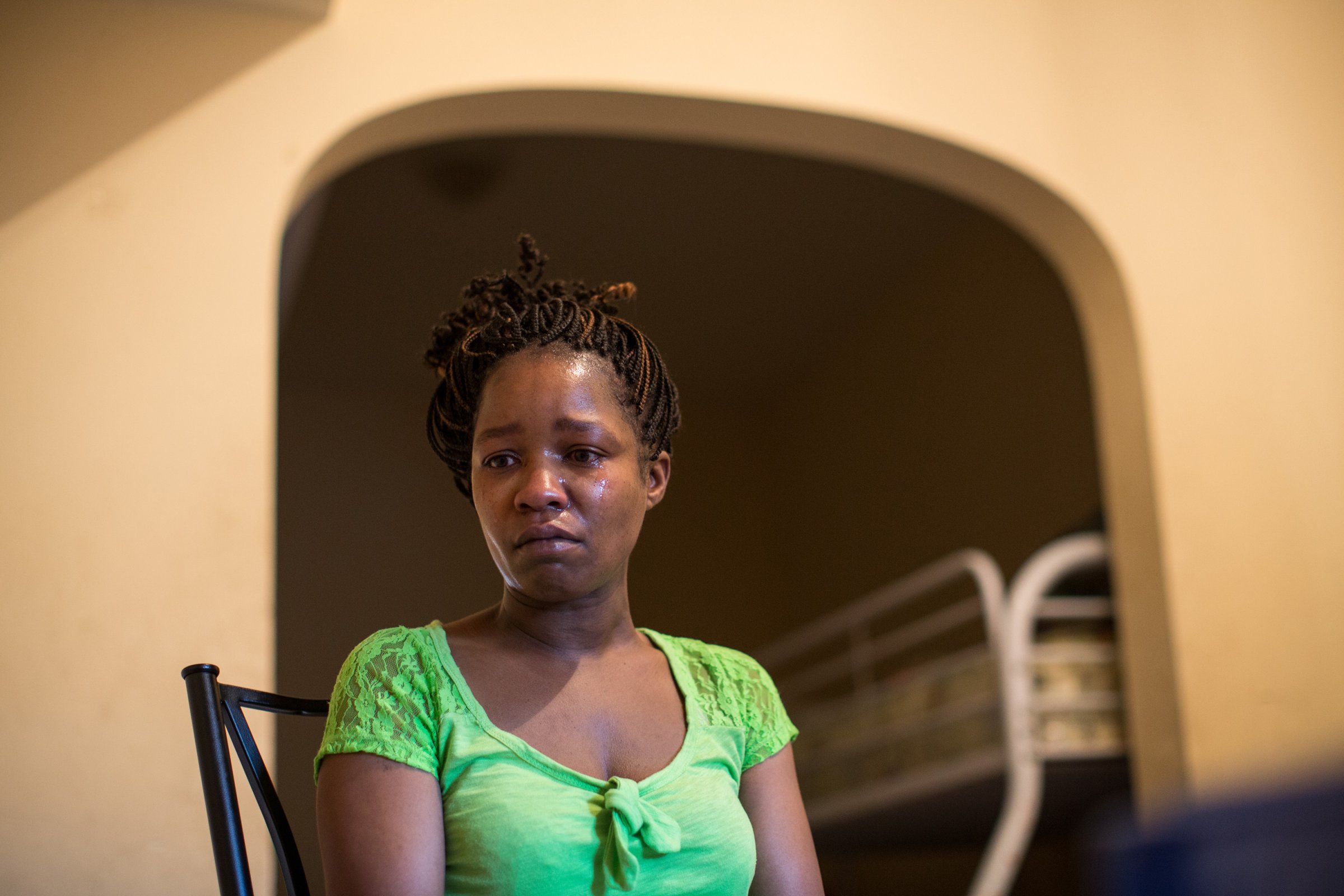
The day after black teenager Cedrick Chatman was fatally shot by a white Chicago Police Department officer in January 2013, lawyer Brian Coffman got a telephone call. It was the 17-year-old’s godmother, asking the Chicago attorney to represent the family. At the time, Coffman says, he thought the case would go nowhere.
“The reports were the kid was running down the street, had a black object in his hand, stopped in the middle of the street and turned around and pointed it at an officer,” he tells TIME. “But that was the furthest thing from the truth.” A video recording of what happened to Chatman almost three years ago, which Coffman says shows the unarmed teen running from police without threatening them, could be made public next month and is poised to be the latest incident of police force to potentially roil Chicago.
Recently released videos showing the shooting deaths of 17-year-old Laquan McDonald and 25-year-old Ronald Johnson, both of whom were killed by police in October 2014, sparked unrest in Chicago and led to the sacking of the city’s chief of police. Officer Jason Van Dyke, who shot McDonald 16 times, was criminally charged in the teen’s death, but prosecutors declined to bring charges against Officer George Hernandez, who shot and killed Johnson. Since then, Mayor Rahm Emanuel fired Chicago Police Superintendent Garry McCarthy and announced a task force on police accountability. Protesters, meanwhile, have called for the mayor’s resignation.
Read More: Chicago Mayor Apologizes for Police Shooting Death of Laquan McDonald
Videos of the Chatman incident have remained sealed, so far. Last week, U.S. District Judge Robert Gettleman declined to make the recordings public but signaled that he would likely order the videos released in January through pretrial motions. Coffman, who represents the Chatman family, has received copies of three videos of the incident through a wrongful death and use of excessive force lawsuit against the city of Chicago and the officers involved.
Coffman says the recordings show that on the afternoon of Jan. 7, 2013, Officers Kevin Fry and Lou Toth pulled up in an unmarked police car alongside Chatman, who was driving a stolen silver Dodge Charger in Chicago’s South Shore neighborhood. Chatman jumps out of the vehicle as both officers exit their car with guns drawn, Coffman says. While Officer Toth chases Chatman, Officer Fry runs at a diagonal down the middle of the street and begins shooting, firing four times and hitting Chatman twice. Coffman says about seven seconds elapse between when Chatman gets out of his car and when he’s shot.
Chicago police, however, claim otherwise. In a report of the incident conducted by the Independent Police Review Authority, an agency that investigates police misconduct, officials claim that Chatman “pulled out a dark object and pointed it at the officers,” which they believed was a gun.
“When the driver of the vehicle reached the corner, he began to turn to his right slightly,” Fry said in a statement, according to the IPRA report. “I observed in his right hand a dark gray or black object which I believed to be a handgun. In fear of Officer Toth’s life and my own life, I fired four shots at the driver of the vehicle.” Evidence from the scene later showed that Chatman had been unarmed and holding a black iPhone box.
Read More: No Charges Against Chicago Officer Who Shot Black Man in Back
The IPRA report ultimately found the Fry’s use of force was justified. He is reportedly still on the force and was not put on desk duty during the investigation. The police referred TIME to the city’s legal department, which issued the following statement: “A judge agreed in this case that releasing the video would prejudice a trial. As Mayor Emanuel has said, the City of Chicago clearly needs a new policy around releasing videos that accounts for all issues and we’re working on it with the help of the recently appointed task force.”
One of the investigators initially working on the case for IPRA was Lorenzo Davis, a former supervising investigator who initially found that the shooting of Chatman was illegal. Davis’s account of the video largely matches that of Coffman’s, and he claims he was pressured into changing his findings in the Chatman case by Scott Ando, the former head of IPRA, and was fired for refusing to do so. “Someone changed the report after I was fired,” says Davis, who is currently suing the city for wrongful termination.
Ando resigned earlier this month and says there’s no difference between what the videos show and the final IPRA report. “This is all I’ll say: that lawyer is wrong and when you see the videotape, you’ll see that,” Ando tells TIME. Officials with IPRA declined to comment.
The next court date in the Chatman case is Jan. 14, when a ruling on the videos could be handed down. But there are already worries that their release could spark further protests around the city. “I believe the citizens of Chicago will be outraged by what they see,” Coffman says.
More Must-Reads from TIME
- Donald Trump Is TIME's 2024 Person of the Year
- Why We Chose Trump as Person of the Year
- Is Intermittent Fasting Good or Bad for You?
- The 100 Must-Read Books of 2024
- The 20 Best Christmas TV Episodes
- Column: If Optimism Feels Ridiculous Now, Try Hope
- The Future of Climate Action Is Trade Policy
- Merle Bombardieri Is Helping People Make the Baby Decision
Contact us at letters@time.com